- BlackVoter.Org
- Posts
- BlackVoter.Org
BlackVoter.Org
+
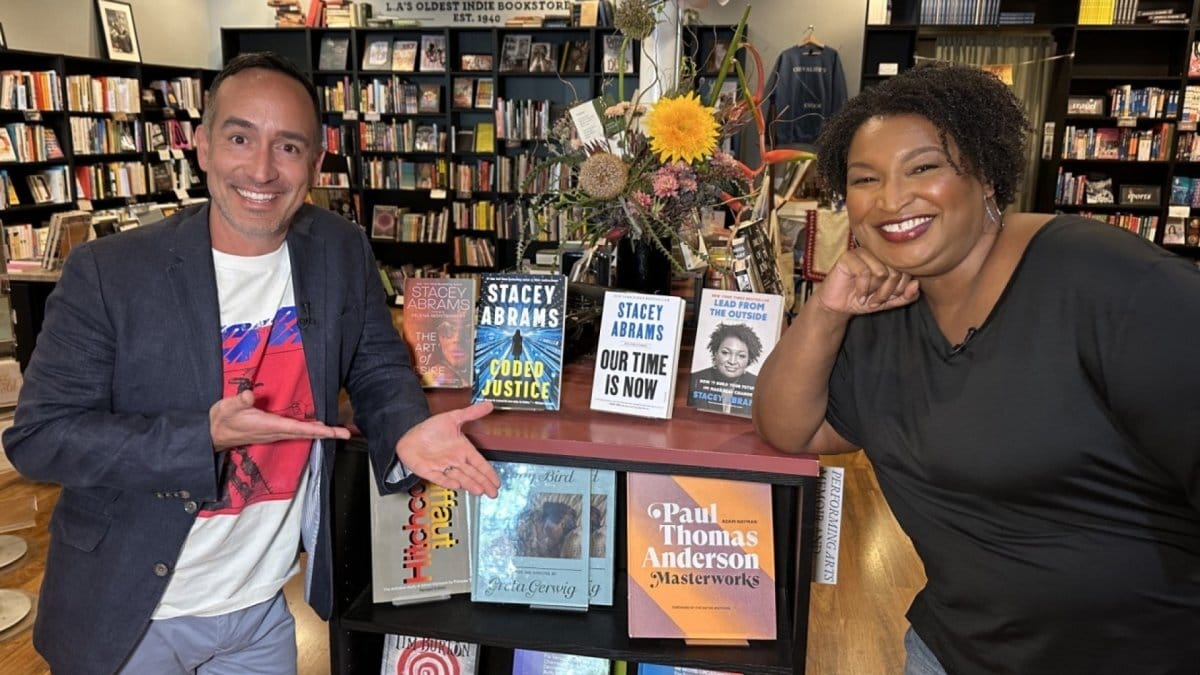
In an engaging interview with NBC Los Angeles, Stacey Abrams dives into her dual passions for politics and writing, as she gears up to release her new book. Known for her relentless advocacy for voting rights and equality, Abrams reflects on the intersection of her political journey and literary endeavors.
She discusses how her personal experiences shape her narratives, bringing authenticity to her work. With a focus on empowering voices and encouraging civic engagement, Abrams aims to inspire readers to take action in their own communities.
As she explores the challenges and triumphs of her career, Abrams showcases her unwavering commitment to fostering a more inclusive democracy. Her new book promises to be a compelling blend of insight and inspiration, making it a must-read for anyone interested in the dynamics of politics and social justice.
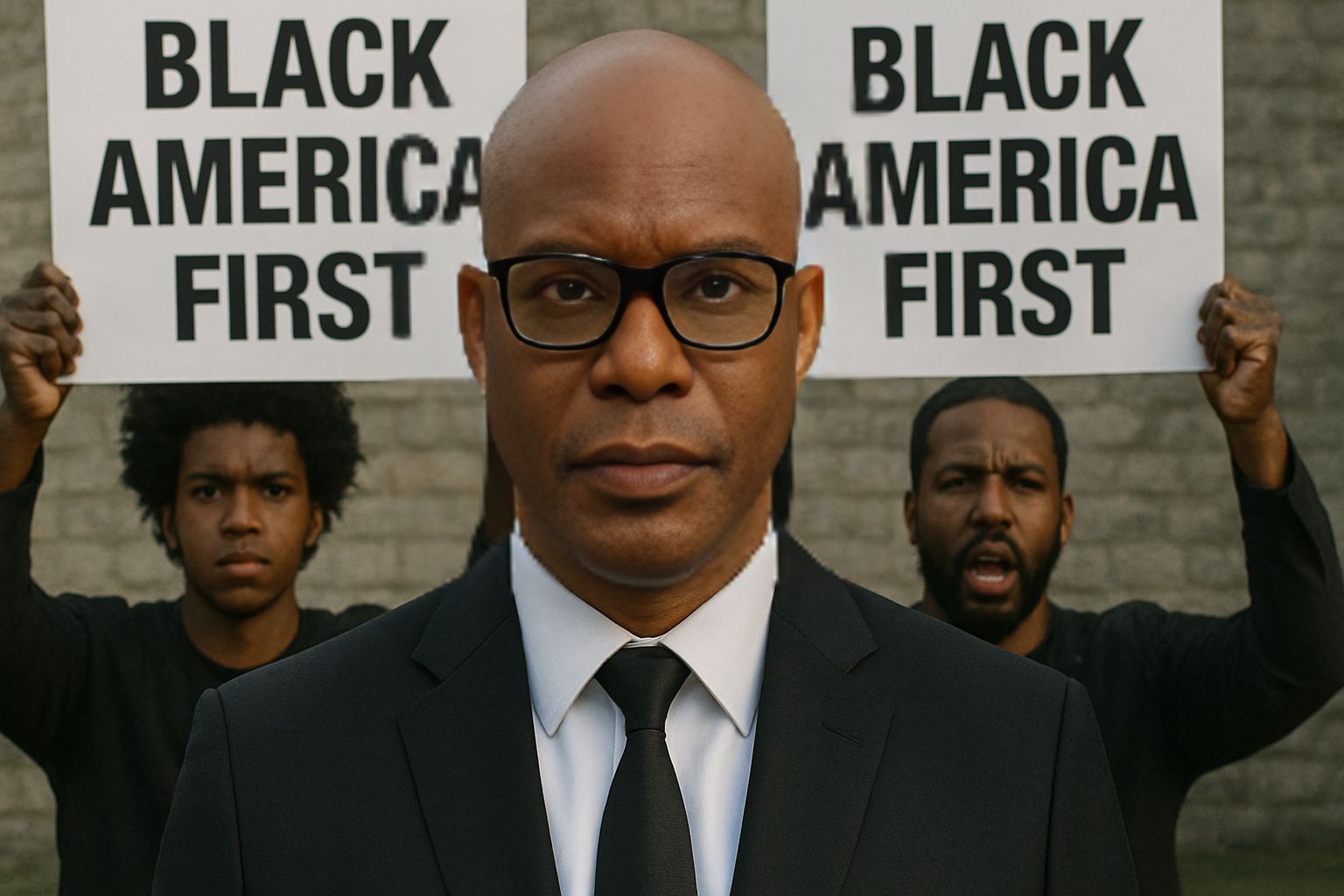
In "Black Leaders, Black America First — Stay Focused," Damon K. Jones candidly critiques Black leadership's focus on global issues while neglecting pressing needs at home.
Amid outrage over foreign aid cuts, he poses a crucial question: why invest overseas when inner-city communities are crumbling? Jones emphasizes the necessity of prioritizing local issues such as access to quality education, homeownership, and economic empowerment before seeking to aid others. He argues that while it's admirable to show solidarity with global causes, the survival and advancement of Black America must come first.
As the federal government pivots funding, Jones calls for a shift in priorities: from chasing grants tied to international outreach to investing in our own communities. This bold message urges Black leaders to abandon performative activism for substantial change, demanding a focused approach to rebuild and fortify the foundations of Black America.
In short, it’s a call for self-empowerment with tangible results over empty gestures.
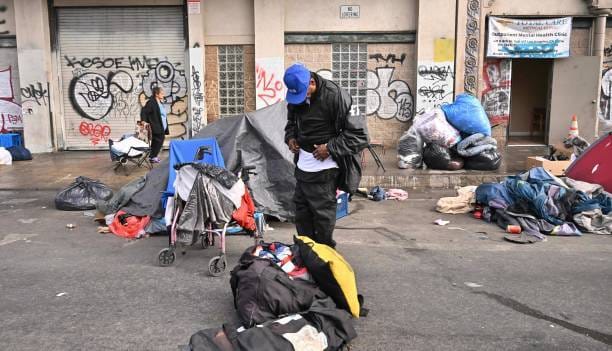
In a poignant call to action, Earl Ofari Hutchinson emphasizes that while L.A.
Mayor Karen Bass’ recent immigrant aid package is undoubtedly compassionate, it’s crucial to also focus on the alarming poverty rates affecting Black Angelenos. As Mayor Bass and the County Board unveil support for immigrants marginalized by ICE, Hutchinson urges them not to overlook the systemic crises facing the African American community.
Citing the stark statistics from the "State of Black L.A.
Report," he reveals that Black residents endure significantly higher rates of poverty and unemployment, and face severe health and housing disparities. The visible struggles of those in South L.
A. serve as a daily reminder that poverty is not merely a statistic but a human tragedy.
Hutchinson’s impassioned plea calls for immediate attention to establish a comprehensive support system for the city’s most vulnerable citizens, highlighting that compassion must extend to all who suffer in silence.
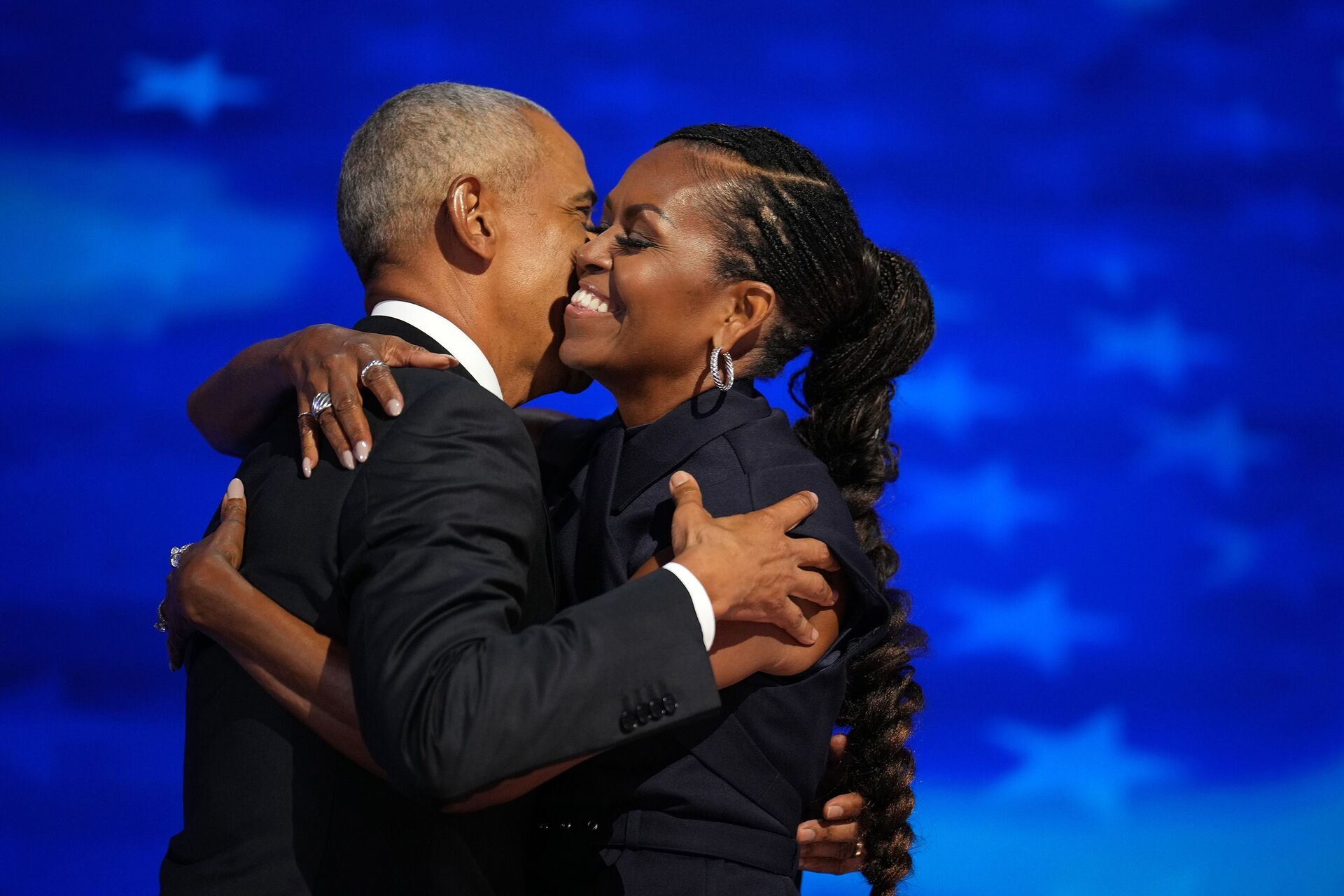
In a playful address to swirling divorce rumors, former President Barack Obama and former First Lady Michelle Obama tackled speculation about their marriage during a recent episode of her podcast. "It was touch and go for a while," Barack joked, reinforcing their solid bond.
Amidst public appearances where Michelle wasn't always by his side, rumors escalated, with some even questioning what he might have done to provoke discontent. Michelle, however, quashed any doubt, stating she had never considered leaving him and credited their enduring relationship for her personal growth.
Both shared light-hearted anecdotes, with Michelle humorously reflecting on how people often assumed their marriage was faltering. Celebrating their 1992 union, the couple reassured listeners that, through challenges and adventures alike, their love remains steadfast.
Their candid conversation not only diffused tension but also highlighted the strength of their partnership.

In celebration of Women’s History Month, this article highlights ten fascinating facts about the achievements and strengths of Black women that often go unnoticed. From educational success—where 86% graduate high school and nearly 10% pursue college, outpacing all other groups—to a remarkable 250% increase in business ownership from 1997 to 2013, Black women are making significant strides.
They hold 82% of state legislative seats and are leading voter turnout, demonstrating their powerful influence in politics. On the health front, there's good news, too: new HIV diagnoses among Black women are declining, and birth rates among teenagers are dropping.
More than ever, Black women are living longer and thriving in various fields. It's time to recognize and celebrate the multifaceted contributions of Black women who are reshaping society with their brilliance, creativity, and resilience.
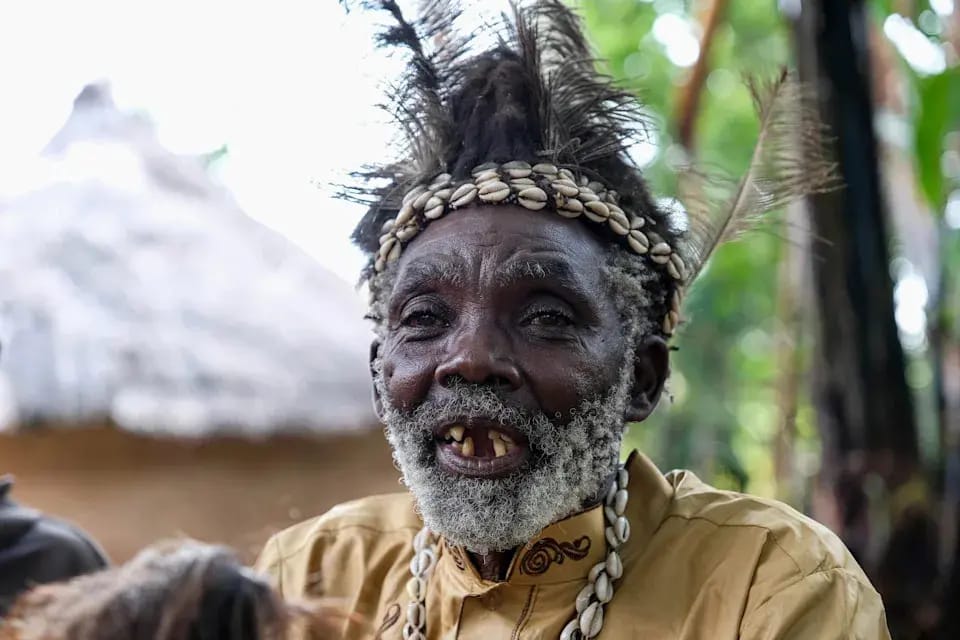
In the intricate realm of African politics, the belief in witchcraft both empowers and unsettles. A vivid example is seen in Uganda, where political rivalries can lead to bizarre rituals and superstitions that govern interactions.
Politicians like Wilson Watira navigate a landscape where spiritual tactics often take precedence over traditional campaigning, fearing curses or spells from rivals. With traditional healers and witch doctors playing significant roles, their services are sought after, offering everything from magical advice to actual rituals believed to assure electoral success.
This complex interplay of politics and spirituality not only challenges the dominance of Christianity but underscores a deeply rooted cultural reliance on traditional beliefs. As the countdown to elections approaches, candidates grapple with the weight of these ancient practices, revealing a society where suspicion and faith in the supernatural collide dramatically.
The result? A political arena infused with both ambition and the ominous shadow of witchcraft.
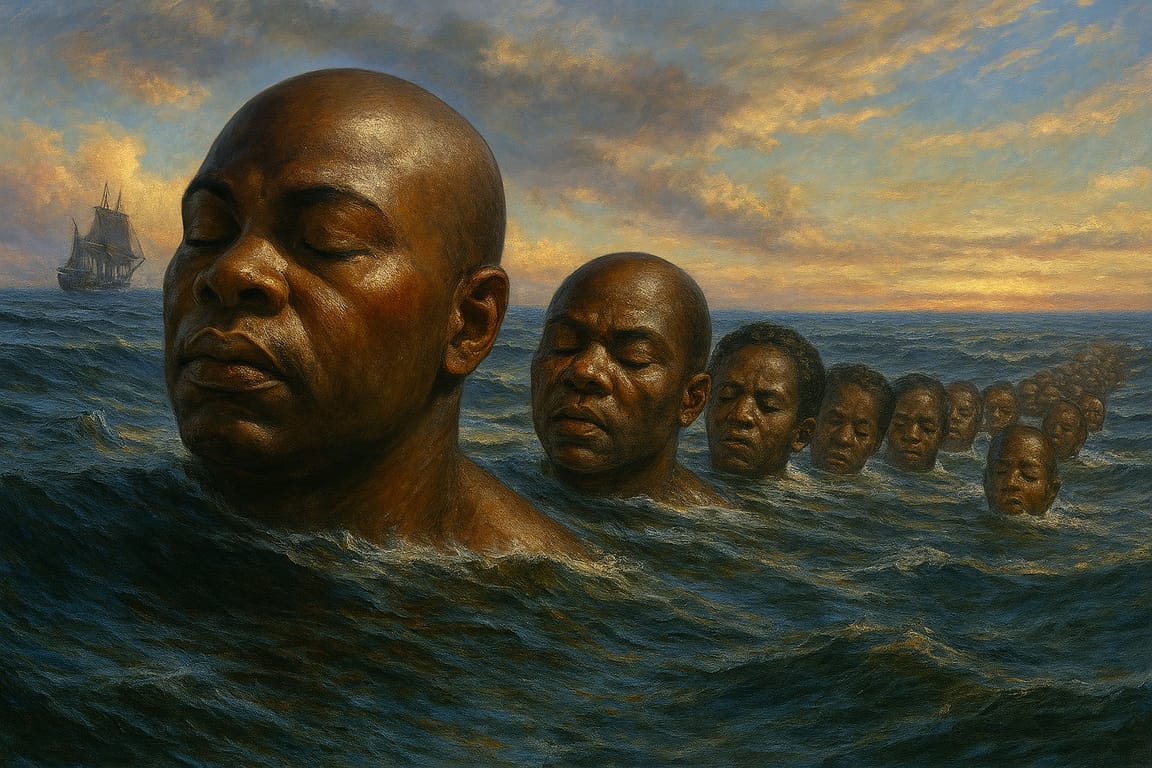
In May 1803, a group of enslaved Igbo people in Georgia chose a powerful act of resistance over a life of bondage. Rather than submit to their captors, they rebelled, seizing a schooner and, in a collective act of defiance, walked into the waters of Dunbar Creek, chanting, “The water spirit brought us here, the water spirit will take us home.
” This poignant moment, long dismissed as folklore, has transformed into a foundational myth of Black resistance, symbolizing dignity over despair. Igbo Landing embodies the spirit of those who refused to live on their knees, forever altering narratives of enslavement.
Centuries later, their legacy continues to resonate, inspiring musical, literary, and cultural interpretations, from Toni Morrison to Beyoncé. Recently recognized with a historical marker thanks to local youth, Igbo Landing stands as a sacred threshold, reminding us all that memory and resistance to erasure are essential to understanding our shared past.